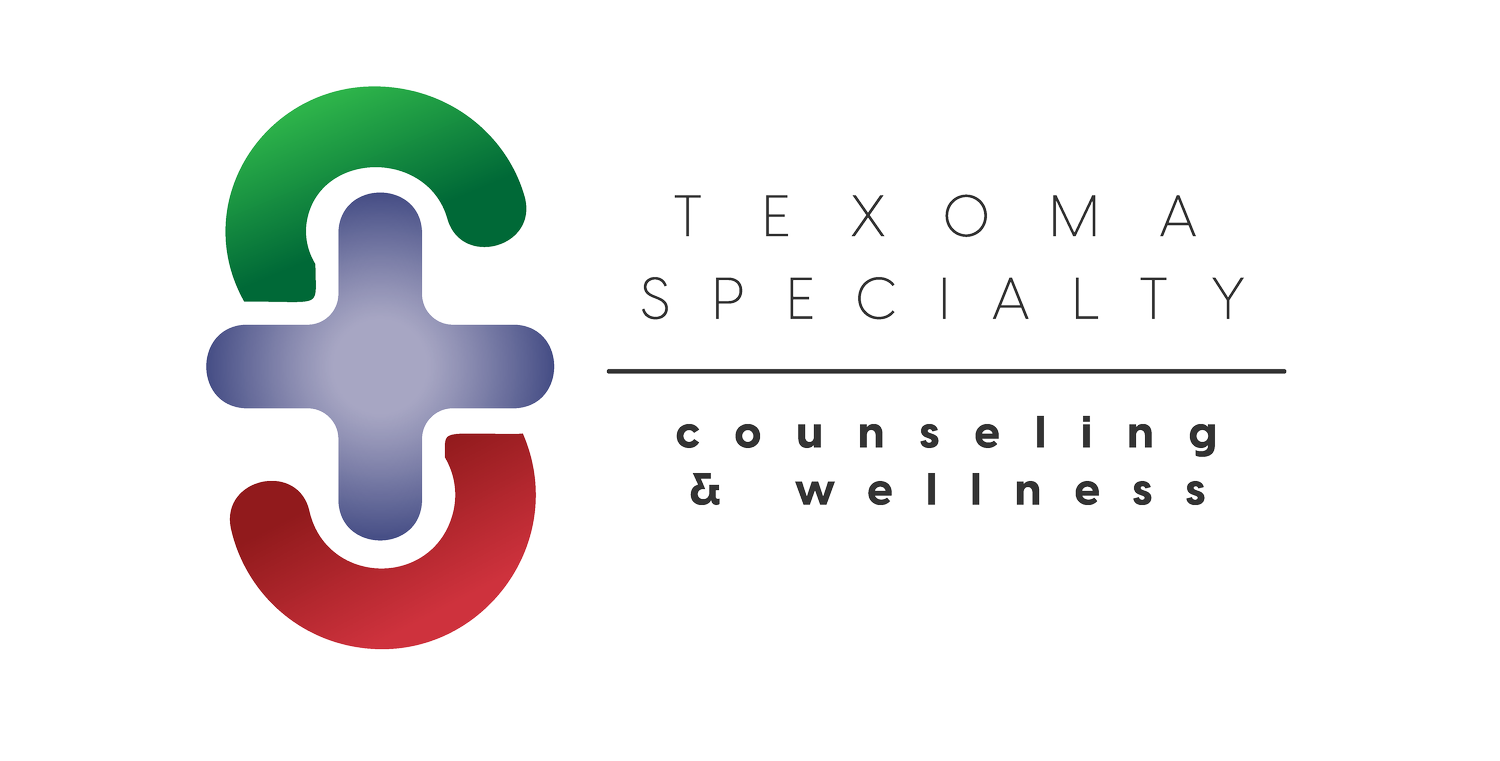Debunk The Stigma Of Eating Disorders
I cannot believe that in 2017 we are still stigmatizing mental health conditions. We think people are choosing to be sick, that people choose to have an eating disorder, or that people are choosing erratic behaviors. No one likes having a mental health condition, they suck. It makes you feel miserable, lost, and out of control. If you have a mental health condition you feel like you are living in hell. Individuals living with mental health conditions also tend to stigmatize themselves. You feel guilty and broken for thinking and feeling the way you are thinking and feeling. You feel defined by your symptoms and your condition. You feel you are labeled for thinking and feeling the way you think and feel.
You cannot see a mental health condition in the same way you can see a physical illness. A person with the flu is clearly sick. You probably function well and get stuff done, so you, and others, think you need to get over it, grow up, and change your behavior. A mental health condition is an illness. It is the same as diabetes but we do not expect people with diabetes to just get over it.
You think because random thoughts pop into your head that you are “crazy”. I HATE the “crazy” word. Did you know that “crazy” is not really a thing? It is not even a symptom, a behavior, or a thought that people in my field use to diagnose, assess, or treat mental illnesses. A mental illness causes thinking to get all messed up, but when it is in your brain it is hard to separate yourself from the condition. Because you think and feel awful you conclude you are awful.
My tip: stop using the word crazy. It isn’t even a real thing. Please stop referring to others as crazy. Stop referring to yourself as crazy. Having a mental illness does not make you crazy.
Please share this information. A lot of people are struggling and afraid to ask for help because of this stigma. It is OK to ask for help and it is OK to admit you are struggling. All of us need some help from time to time.

